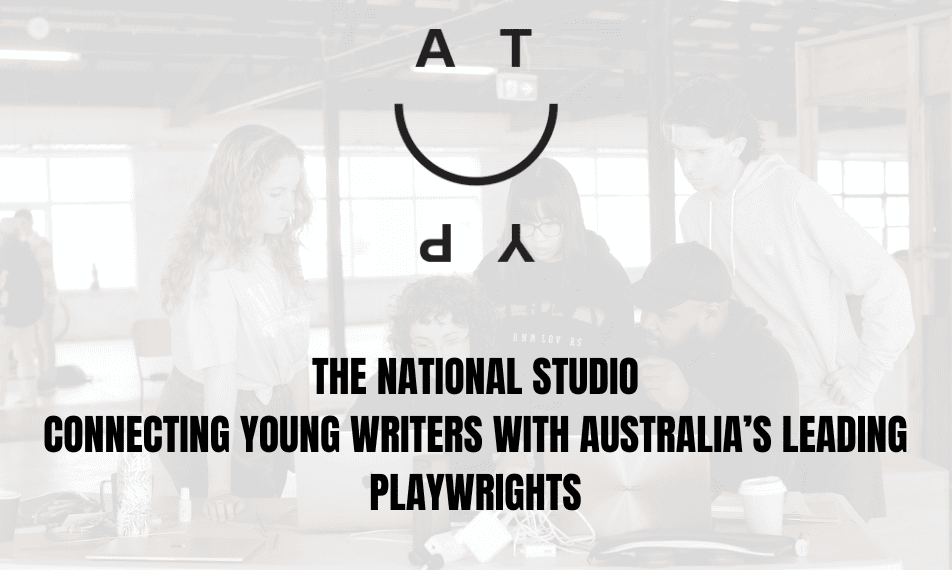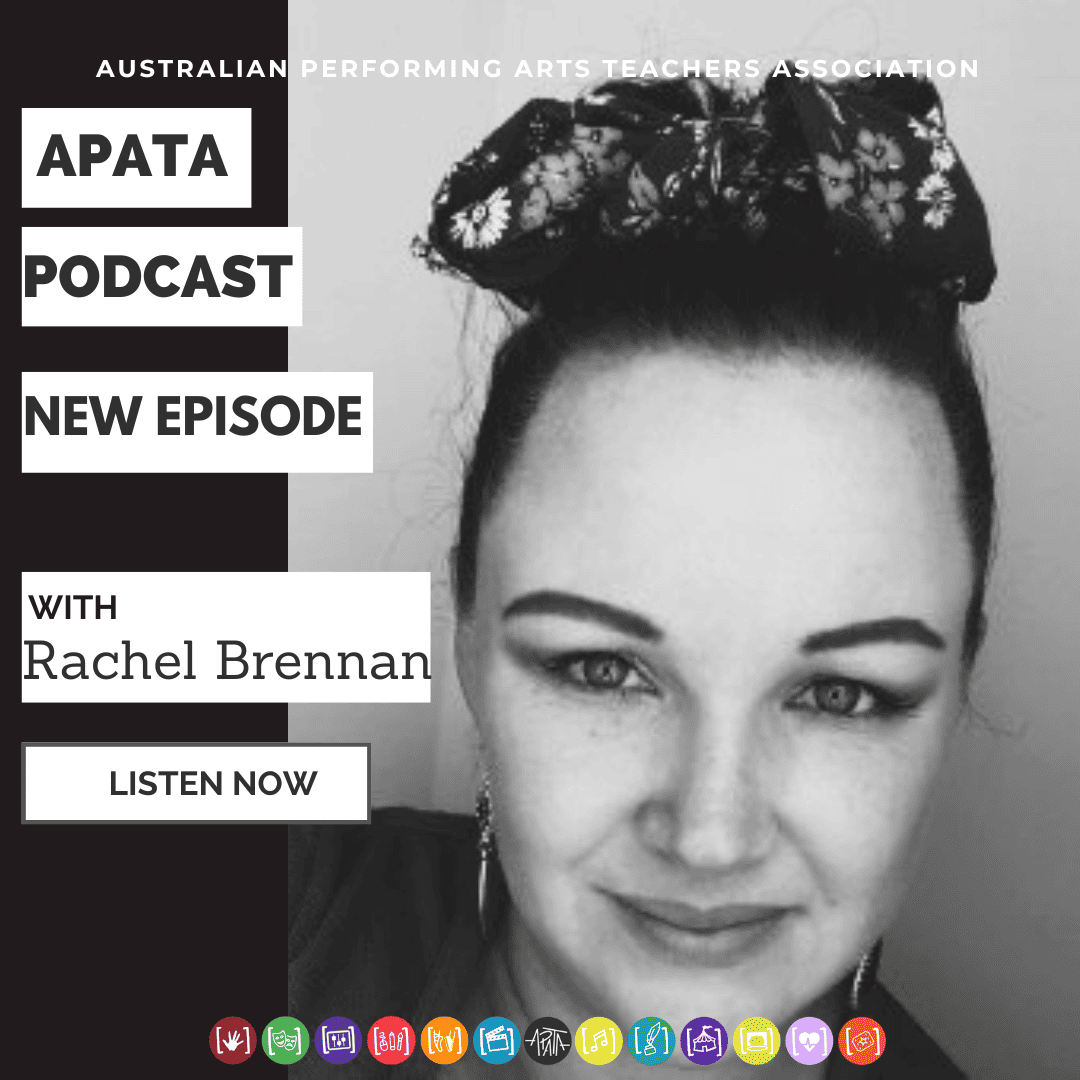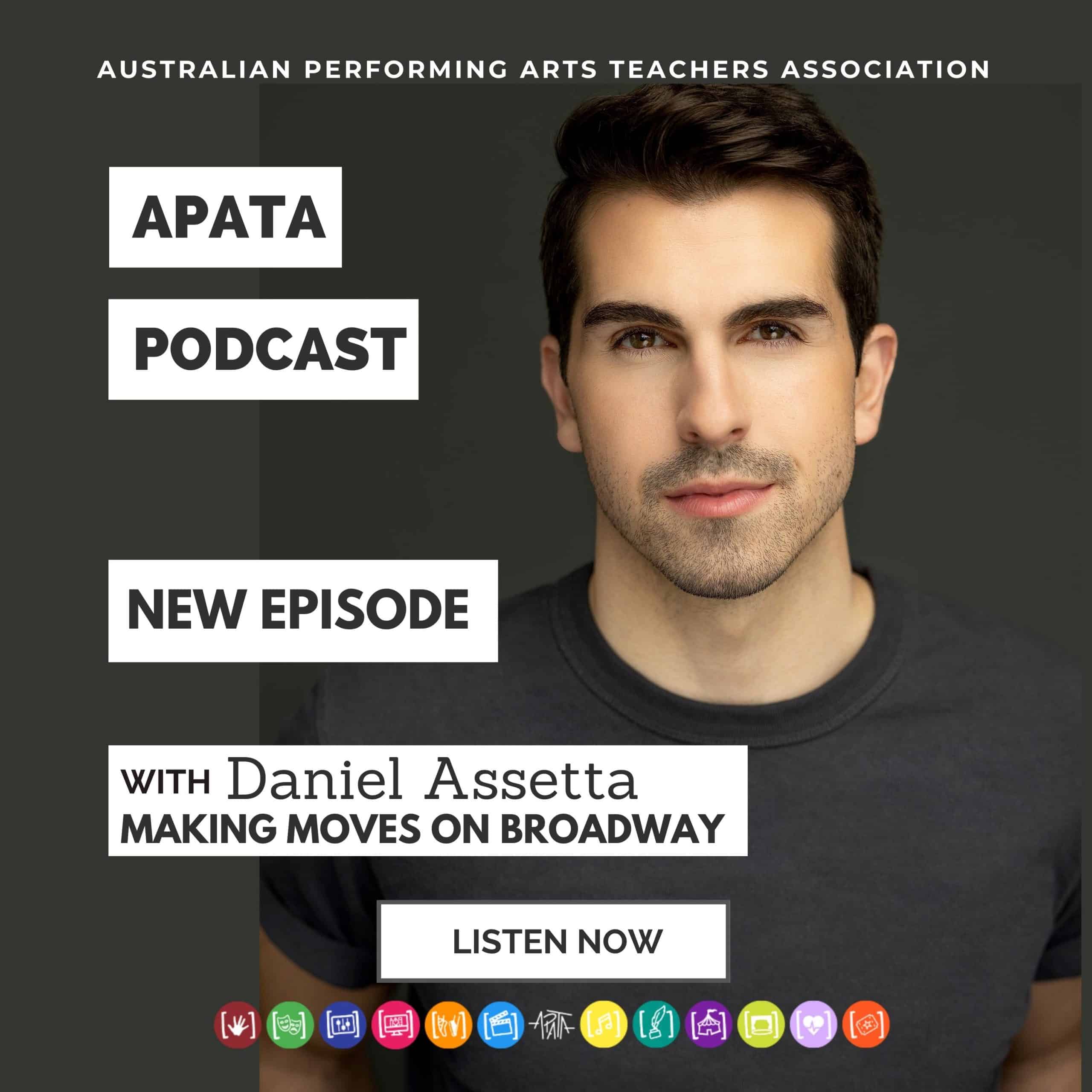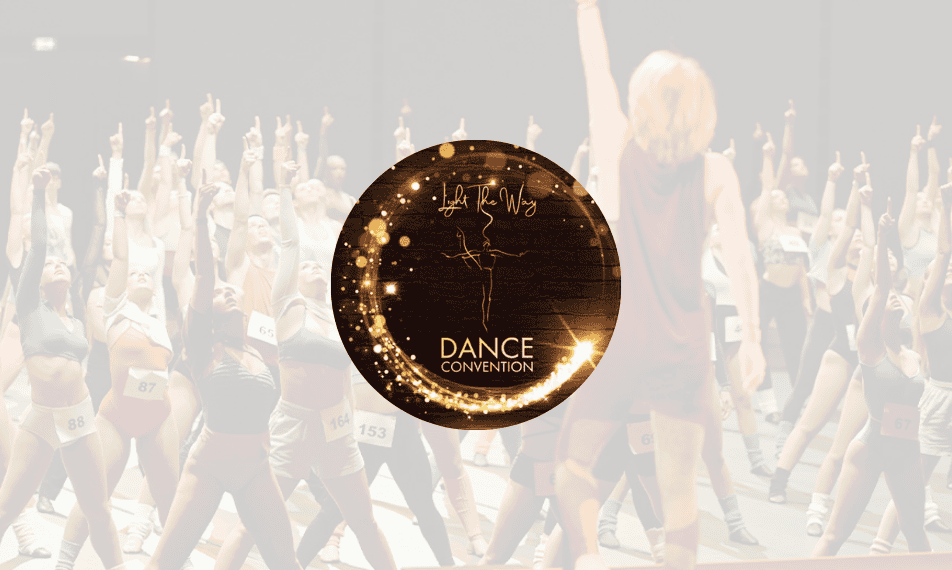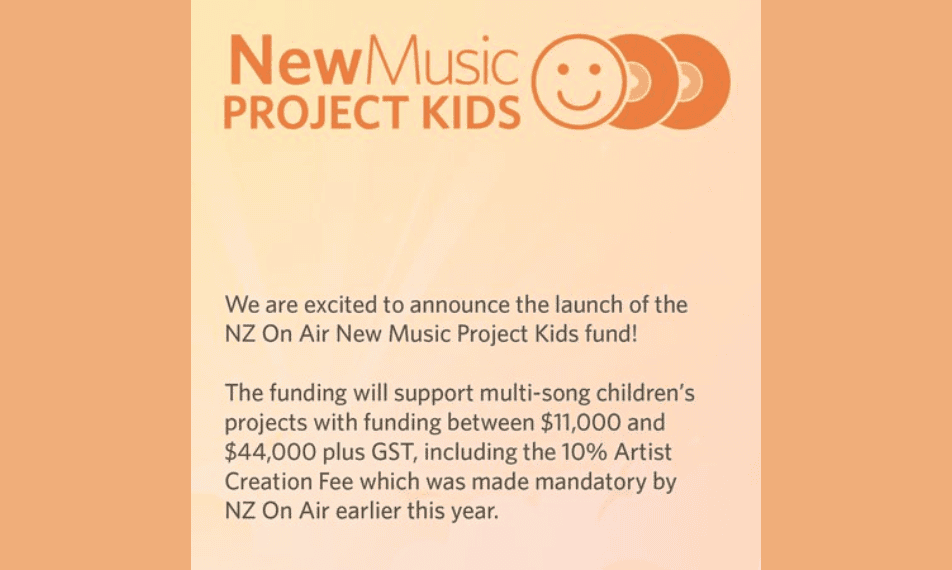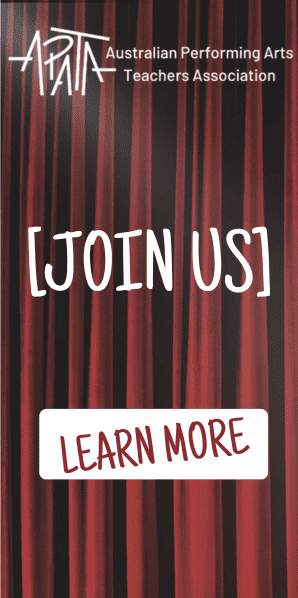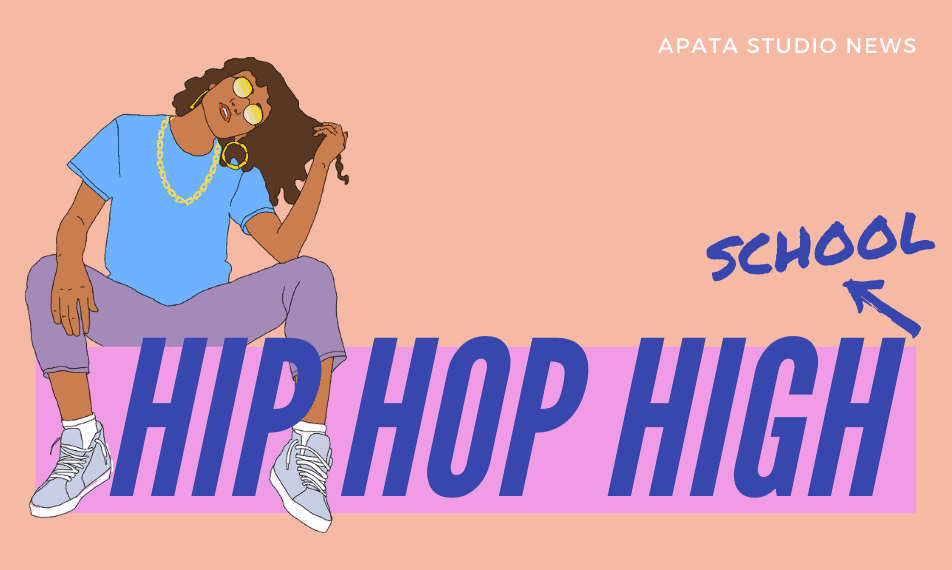
Hip Hop High School
Posted by J Hampstead | Oct 27, 2021
In 1998 David “TC” Ellis opened the High School for Recording Arts in his home town of Minnesota, alternatively known as Hip Hop High.
After joining Prince as part of the New Power Generation and touring for a decade, Ellis fulfilled his dream of opening a recording studio, but instead of adult artists he was inundated with high school kids.
Their incredible talent, hustle and potential was mired by the fact that a lot of them were skipping school to come to the studio and that motivated Ellis to create the Studio 4/High School for Recording Arts. With the help of entertainment lawyer Tony Simmons Ellis formed a project-based charter school operating within and around a professional recording studio. (In the U.S. charter schools are independently-operated public schools that have the freedom to design classrooms that meet their students’ needs.)
Students earn time in the studio by completing academic projects in the core learning areas of English, Mathematics, Science and Social Studies. Students who find themselves disengaged from traditional learning paths are encouraged to complete their diplomas through a love of music and the music business.
A culturally responsive pedagogy
“HSRA teachers and advisors share power with students to maximise freedom, creativity, student-centred learning and choice, and excitement around learning. Through the creative and innovative pedagogy practiced, teachers create curriculum and structure learning opportunities with a variety of approaches and a flexible schedule.
These include project-based learning, competency-based assessment, certification pathways, blended learning workshops, and front-end creative lab inquiry through photography, graphic design, visual art, music production, and more. These creative strategies allow choice and power to rest in the relationship a student has with their teacher and advisor. It also serves our mission to re-engage students with culturally responsive, relevant, and interesting opportunities that lead to student success.”
Tony Simmons, who now oversees HSRA as Executive Director, is on a mission to disrupt and transform education.
In addition to managing the Minnesota high school Simmons is the co-founder of Another Level Records, the first and longest running student-operated record label in America. He also guides HSRA students as they operate their own commercial radio and live video show studio4allaccess (podcast available on iTunes). HSRA have opened a sister school in Los Angeles.
Author Sam Seidel examined the formation of HSRA with his 2011 book Hip Hop Genius: Remixing High School Education. (2022 will welcome 2nd edition so keep an eye out.)
“Many educators already know that hip-hop can be a powerful tool for engaging students. But can hip-hop save our schools? In Hip Hop Genius, Sam Seidel introduces an iteration of hip-hop education that goes far beyond the usual approach of studying rap music as classroom content and looks instead at deeply honouring the knowledge of urban students. Seidel lays out a vision for how hip-hop’s genius—the resourceful creativity and swagger that took it from a local phenomenon to a global force—can lead to a fundamental remix of the way we think of teaching, school design, and leadership.”
Hip Hop Pedagogy
Dr Nolan Jones, Associate Adjunct Professor at Mills College, Oakland, California an educator who specialises in Hip Hop Pedagogy for teachers of K-12 through to higher education believes “hip hop has the potential to connect students to important subjects they might otherwise dismiss.”
“In my Hip Hop Pedagogy courses, K-12 teachers and college instructors learn how to tap into the richness of hip-hop culture to engage students in topics that range from Shakespeare to neuroscience. But I also stress the need to be authentic – in other words, don’t lie about where you are from – and steer clear of gimmicky hip-hop instructional strategies, such as parroting hip-hop lingo out of context, or showing a random rap video that has nothing to do with the course subject.”
American classrooms, Jones continues, have explored the impact and effectiveness of hip hop in original settings for over two decades. Dr Jones’ 2020 article: Why Hip Hop Belongs in Today’s Classrooms includes links to American educators and organisations incorporating hip hop pedagogy into their spaces.
Hip Hop in Australian Classrooms
In Australia hip hop has a rich and diverse tapestry of voices and hip hop is often used in dance, theatre and youth community and reform spaces. But what about the classroom?
Alexander Hone’s 2017 thesis- Teaching Rap: A Case Study of the Uses of Hip-Hop in Music Education Settings in Sydney Australia found that for successful engagement with hip-hop music teaching and learning it would be beneficial to develop new pedagogies specifically for an Australian context.
Hone’s research focused on five secondary schools and one youth centre in Sydney, examining the teaching and learning practices of those involved in hip-hop music education.
The barriers faced by those within a classroom setting as opposed to the more relational spaces of the youth centre. The study was the first of its kind in Australia and offers insight into the educator experience in those spaces.
Dylan Mead’s Victorian curriculum aligned lesson plan for Year 9 English: Rapper’s Delight: Looking to Hip-Hop as a medium for self expression advocates that teachers research the material they wish to bring to class for investigation. Exploring the context of rappers such as Baker Boy or Grandmaster Flash before diving into their words.
Chiara Minestrelli’s 2017 book Australian Indigenous Hip Hop – The Politics of Culture, Identity, and Spirituality shows how “Indigenous rappers have utilised Hip Hop as an expressive means to empower themselves and their audiences, entertain, and revive their Elders’ culture in ways that are contextual to the society they live in.”
“Hip Hop outside of the U.S. North American context has been largely mute for far too long. Yet, Hip Hop remains a powerful force throughout the globe. What Minestrelli has provided here is a window into the strong and current culture of Hip Hop within Australian contexts. This study examines the related history of Hip Hop within an indigenous context and provides the reader with an area of Hip Hop that is developing and connected to rich roots. Minestrelli’s work stands to be a cornerstone text in the field of Hip Hop Studies.”—Daniel White Hodge, North Park University, USA
*Note – Hip Hop is a culture and therefore should be appreciated, not appropriated. Engaging in hip hop requires context, context, context. (TeachRock.org have excellent hip-hop resources built into American curriculum aligned lesson plans: Read More)
Another Australian resource when considering engaging in hip hop for Australian educators is Hip Hop as an Agent for Health and Wellbeing in Schools: A Narrative Synthesis of Existing Research by Dr Alexander Hew Dale Crooke (University of Melbourne), Rachael Comte (Parkville College, Melbourne, Australia), and Cristina Moreno Almeida (King’s College London, Great Britain) 2020.
“We hope the analysis provided here illustrates the potential of integrating Hip Hop into music and other creative arts therapies when working in school settings, as well as the need to conduct further research on such work. Further, we argue that the potential Hip Hop offers for engaging in social justice issues is invaluable not only for school settings but in society more generally. We also hope this paper illustrates necessary considerations which those from music therapy (or any other field) should be aware of if they decide to engage with Hip Hop in either practice or research.
Through their research Crooke, Comte and Almeida found that “Hip Hop provided not just a vehicle but a world view that acknowledged students’ identity and empowered them to become agents in their own healing.”
Australia’s classrooms are super-diverse and there is room for authentic, thoughtful and appropriate use of hip hop, hopefully this selection of resources gets you thinking.



